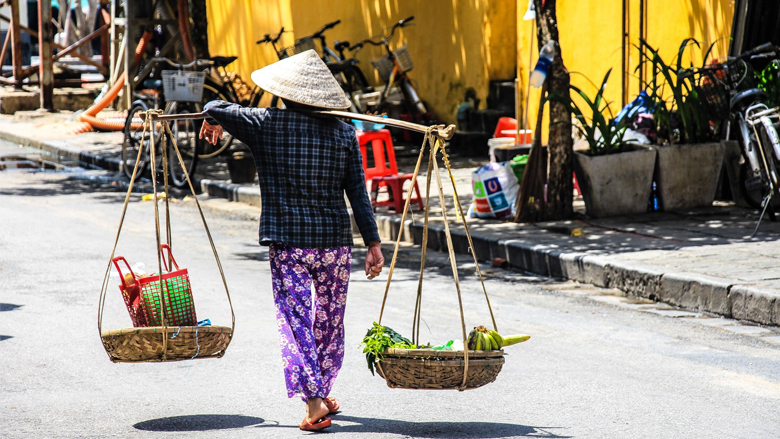Spilling blue blood, or How to license your game in Vietnam
Vietnamese government had 142 titles removed from the App Store, Google Play, and Facebook.
We’ve already posted an article on just how challenging it is for game studios to publish their titles on Vietnam’s digital stores. If your game is to be available in Vietnam, you need a license from the local authorities.
What happens if you don’t get it? You might have to go, according to VnExpress.net, Vietnam’s popular media outlet.
Finland’s Supercell had to leave Vietnam’s market
One of the biggest names in the industry to pull all of its titles from Vietnam is Supercell. The company had to discontinue their hits Clash of Clans, Hay Day and Clash Royale due to “local regulatory issues.” And Supercell games are just a handful. Since 2017, Vietnam’s government had 142 games taken down from the country’s digital stores as containing “elements of gambling, violence, profanity or distortion of Vietnamese history.” Still others were published without authorization.
Responsible for the games’ removal is the Authority of Broadcasting and Electronic Information under the Ministry of Information and Communications.
Le Quang Tu Do, the organization’s deputy head, explains via VnExpress.net that “a video game in which multiple players interact with each other simultaneously through the game’s server must be granted a license for providing games services and have its content approved before it can be published in Vietnam.”
To obtain a license, foreign companies have to work with Vietnamese studios who would carry out the necessary procedures or register a branch / representative office in Vietnam. As part of a joint venture, a foreign company’s capital share should be limited to 49 percent.
Le Quang Tu Do specifically warns that attempts to use Vietnamese companies as a front to transfer the revenue abroad are punishable by law. As a check against it, the Vietnamese government specifically requires that the Vietnamese companies collaborating with international partners should have servers in Vietnam where players’ data is to be stored. They should also provide this data when requested by the authorities.
Some cosmetic changes need to be implemented before a game is allowed in Vietnam. For example, PUBG is still live in Vietnam (as opposed to Jordan, Iraq, and, to a certain extent, China), but the local publisher had to change the blood’s color to blue and disable the voice chat.
If your game meets these requirements, the licensing process itself can take from 20 days to over a month depending on whether the appraisal council discovers any violations. Representatives of several organizations participate in the assessment including the Ministry of Information and Communications, the Ministry of Culture, Sports and Tourism and the Youth Union.
142 might sound like a relatively small number of games to be discontinued. Wrong. It’s actually quite significant next to a mere 175 online games that did receive the license in 2018 (95 percent of them were from China). The silver lining is that the number of licensed games is growing every year.
